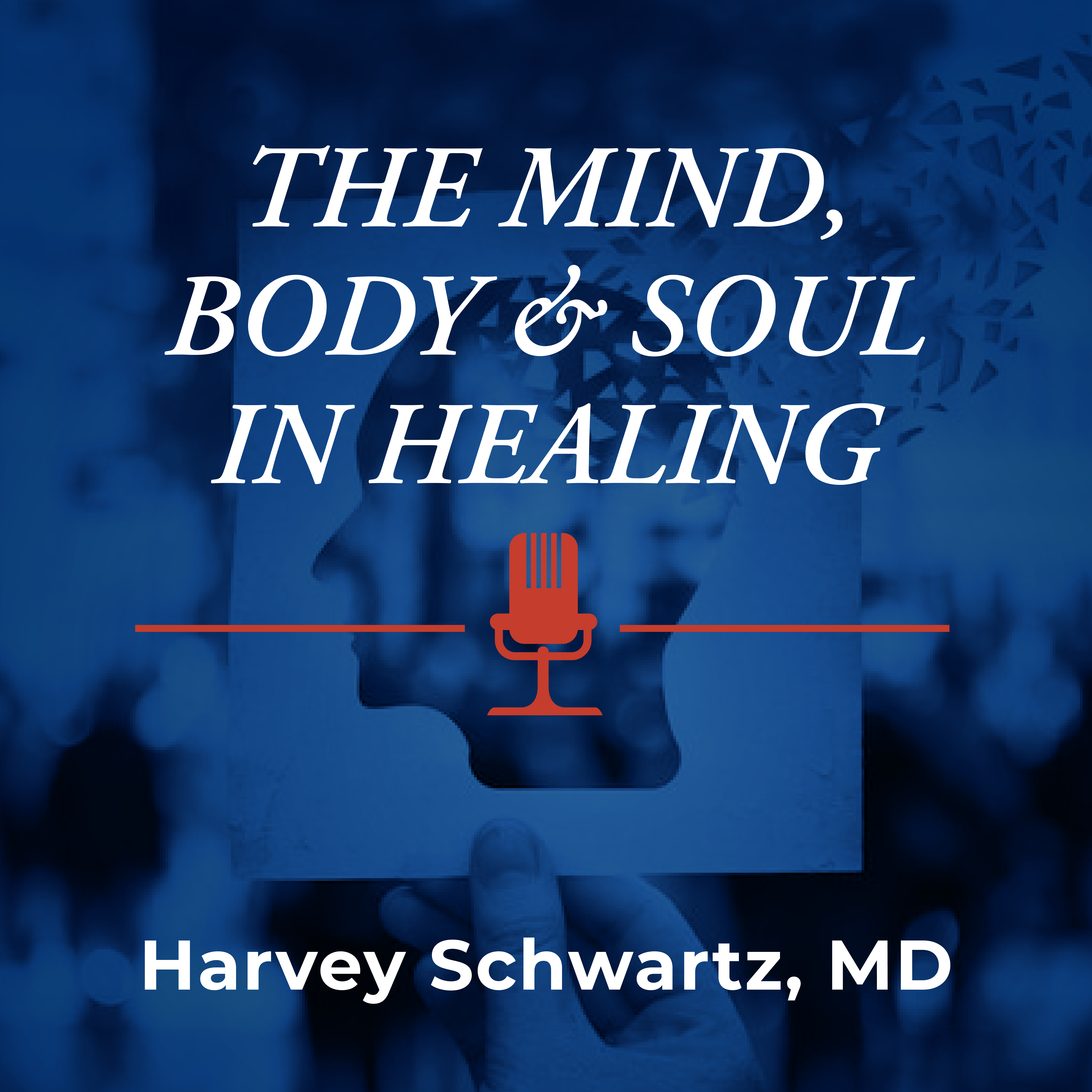
“We have those two groups with the probiotics and the placebo. The patients were allocated to the two groups and it was double-blind so we didn’t know if they took the probiotics or the placebo. They took it for four weeks and we did the assessments before the intervention and after the intervention and then we just compared. We compared how the trajectory of the depressive symptoms was in the two groups and this is the main effect that we found – that in the probiotics group the decrease of the depressive symptoms was greater than in the placebo group. In general, we were happy that all patients have decreased depressive symptoms, that is very important too, but the effect that we want to show is that the probiotics are better than the normal treatment.”
Episode Description: We begin by describing the research findings which are that this is the first randomized controlled trial to demonstrate that adjunctive short-term, high-dose probiotic supplementation reduces depressive symptoms more than placebo. We discuss the conflicting results of the two rating scales that were used to measure improvements and their implications for the outcomes. Anna-Chiara reports on the probiotic that was chosen and whether it led to the researchers themselves taking it. She emphasized the importance of one’s diet and especially the role of fermented foods. We closed with her describing her earlier research that suggested that Fecal Microbiota Transplantation can be an effective form of treatment for severely depressed patients.
Our Guest: Anna-Chiara Schaub is a psychologist and Ph.D. student in the research group Translational Neuroscience at the University Psychiatric Clinics in Basel, Switzerland. In her project, she explores wide-ranging clinical and physiological effects of gut-related interventions in depression. Her research aims to stratify patients into more homogenous groups based on individual differences in multiple biomarkers to predict treatment responses. The findings of the project may also serve as the basis for further developments of novel interventions for patients with depression.
Click here to share this episode on Twitter.

